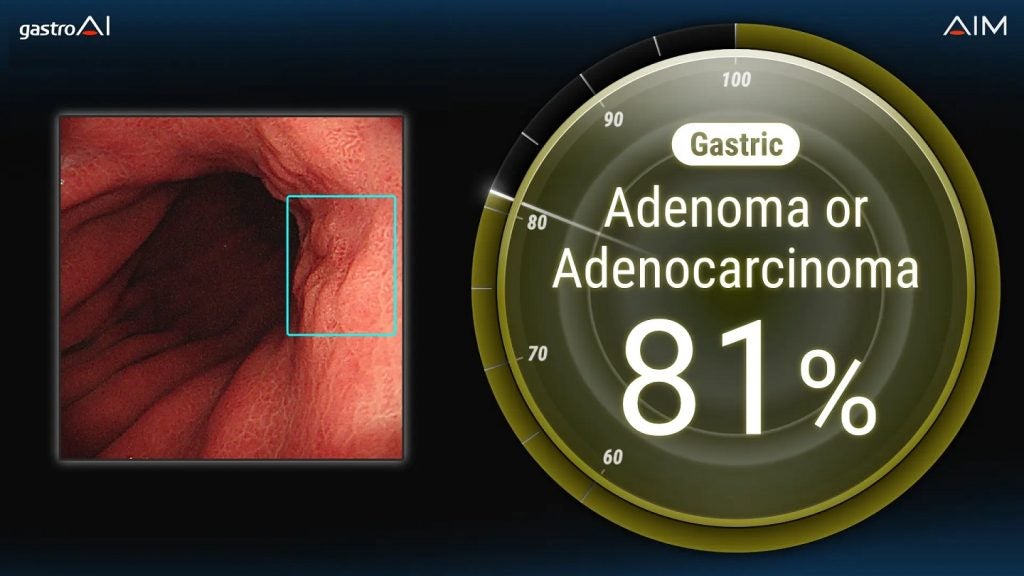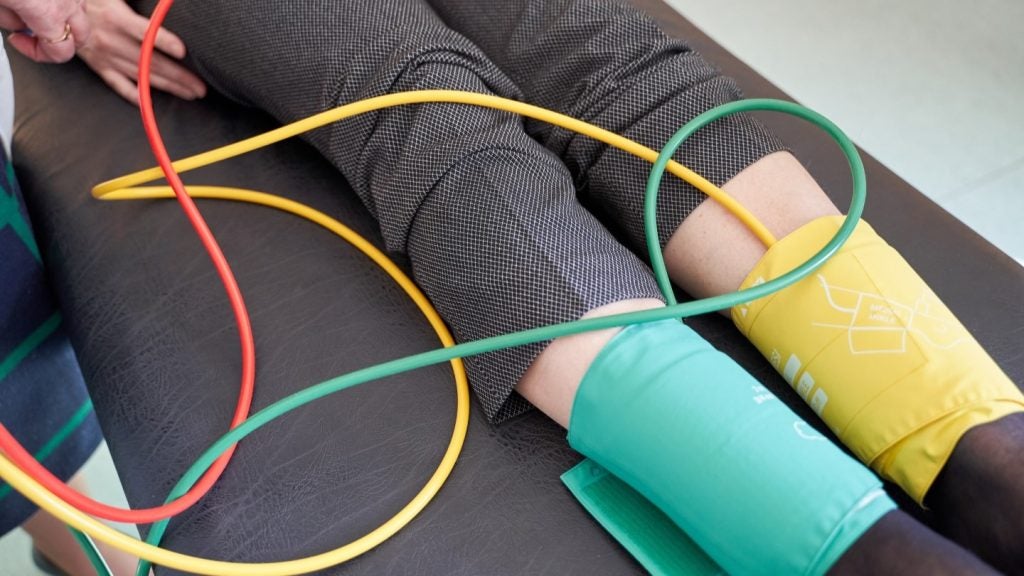Endovascular Engineering (E2) has treated the first subject in the pivotal phase of its ENGULF US clinical trial of the Hēlo PE Thrombectomy System.
This system is aimed at treating pulmonary embolism (PE), a condition that affects an estimated 900,000 people annually in the US and leads to a significant number of deaths.
The initial treatment was performed at Tennova Turkey Creek Medical Center in Farragut, Tennessee, by Cardiac Catheterisation Lab director Malcolm Foster.
This step is crucial for introducing the Hēlo PE Thrombectomy System to the US market, potentially offering a new management option for PE.
The trial will evaluate the safety and efficacy of the latest version of Hēlo, which now includes a new accessory device designed to enhance clot engagement and blood loss management.
The first subject enrolment follows the completion of a feasibility phase with 25 patients.
Foster said: “The integration of this new feature into the Hēlo System marks an impressive advancement, providing invaluable feedback that supports safe navigation for engaging target clot and helps to minimise blood loss throughout thrombectomy procedures.”
PE, often caused by a blood clot originating in the legs known as deep vein thrombosis, remains a serious health issue with a high mortality rate.
Recent studies such as one from Michigan Medicine highlight the unchanged and persistent challenge posed by PE, underscoring the need for innovative treatment methods.
E2 CEO Mike Rosenthal said: “This first procedure represents a critical milestone for our company as the ENGULF trial is a reflection of our commitment to advancing the field of thrombectomy and has been initiated ahead of schedule.”
Last month, the US Food and Drug Administration granted an investigational device exemption approval for E2 to begin the trial investigating its Hēlo Thrombectomy System.
Founded in 2019, the US-based startup has reported positive initial results from 15 patients in the ENGULF feasibility study, paving the way for the current pivotal trial.
















